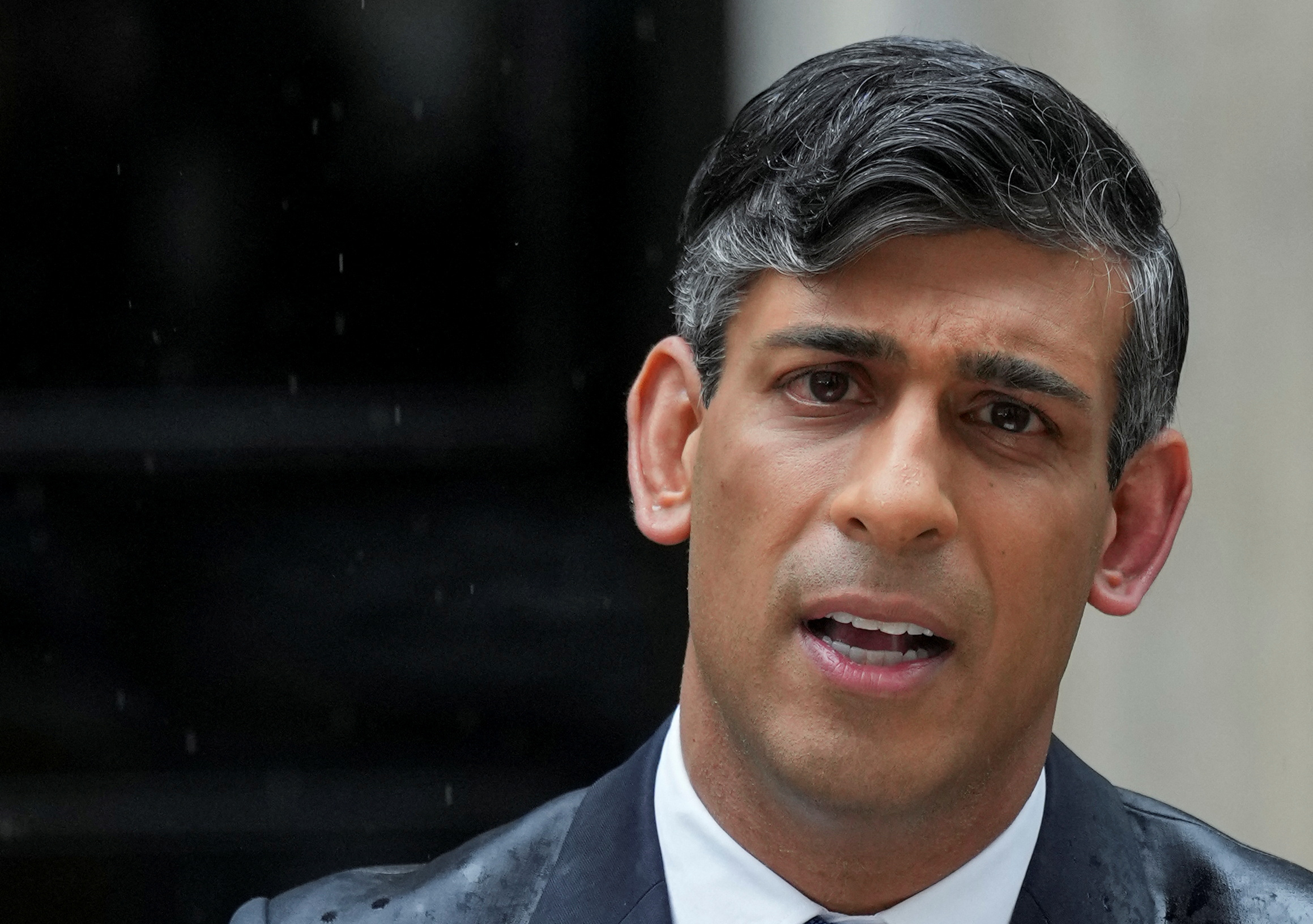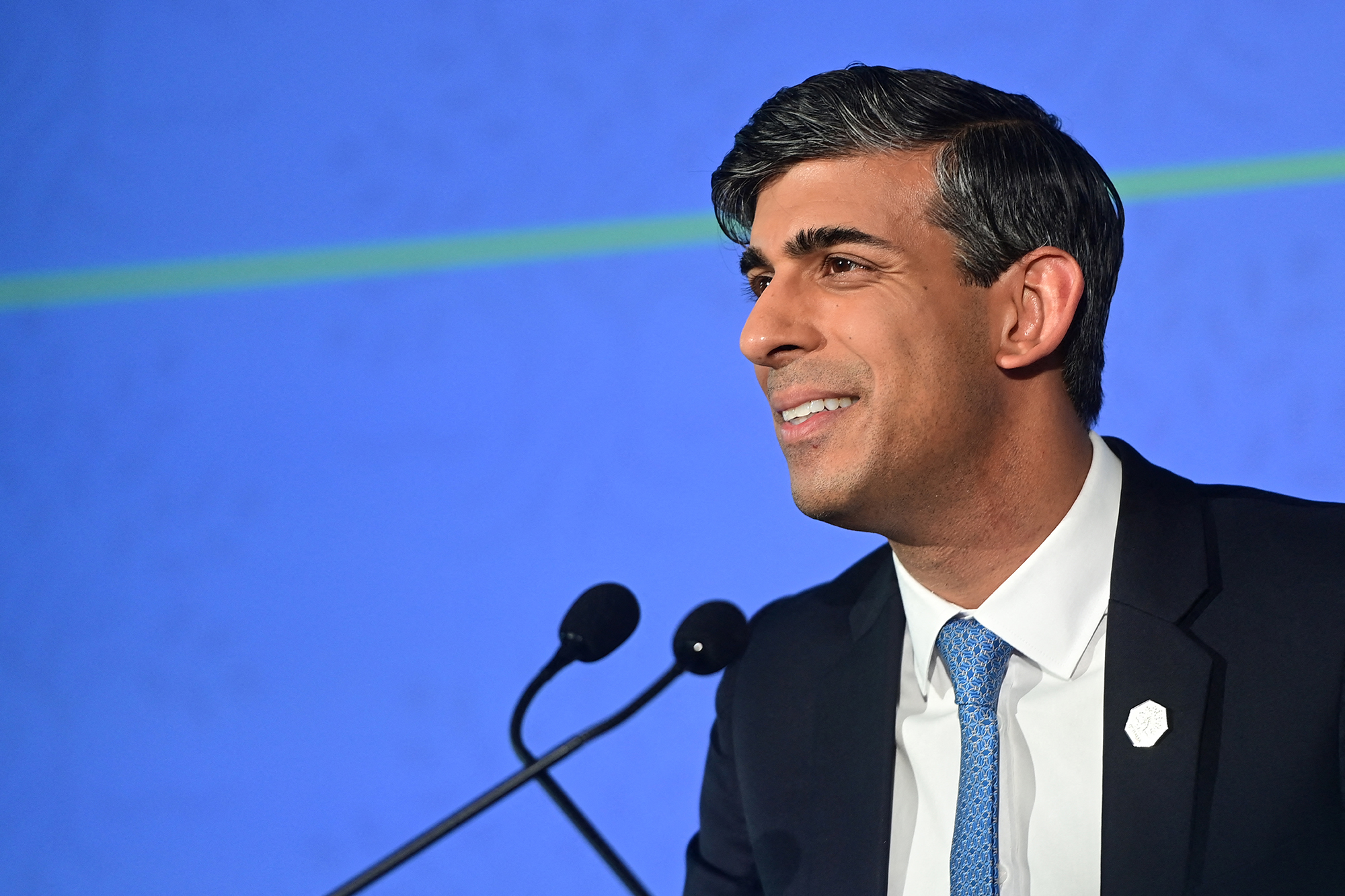In the lead-up to the UK general election, Rishi Sunak, Prime Minister of the Conservative Party, emphasized his belief that Britain has significantly improved under their governance since 2010, despite recent challenges such as the Covid-19 pandemic and the Ukraine conflict.
Sunak asserted that the nation is on a positive trajectory, countering polls that suggest a potential landslide victory for Labour. These forecasts predict a sharp decline in Conservative seats, potentially fewer than half of their current total.
Conversely, Labour, under the leadership of Sir Keir Starmer, is anticipated to achieve a historic win, surpassing even the majority attained by Tony Blair in 1997. Starmer pledged to reignite hope and optimism in the UK through a renewed national mission to foster prosperity across all communities and an immediate boost to public services.

Rishi Sunak
The election campaign has been marked by stark contrasts in policy promises. Sunak defended his party’s record by highlighting educational achievements and promising widespread tax cuts, contrasting with Labour’s stance on tax increases. Despite trailing in opinion polls, Sunak remained confident of victory, warning of the perceived dangers of a Labour government.
Meanwhile, issues of national security and electoral integrity have emerged as critical concerns. Deputy Prime Minister Oliver Dowden raised alarms about potential interference in the election process, citing examples of suspected foreign meddling and urging vigilance against such threats.
These concerns were echoed by Labour’s national campaign coordinator, Pat McFadden, who criticized the lack of clarity in Labour’s defense spending plans.
The campaign has also seen internal challenges within smaller parties, notably Reform UK, where allegations of racism and sexism among candidates led to defections and accusations of leadership failures. Nigel Farage, a prominent figure within Reform UK, denied allegations of external interference, dismissing claims of foreign state actors manipulating social media to influence the election.
As the election day approaches, both major parties are intensifying their efforts to sway voters amidst a backdrop of economic uncertainty, security concerns, and pledges for fundamental societal reforms. The outcome on July 4 will not only determine the future leadership of the UK but also set the course for significant policy directions in the post-pandemic era.











































